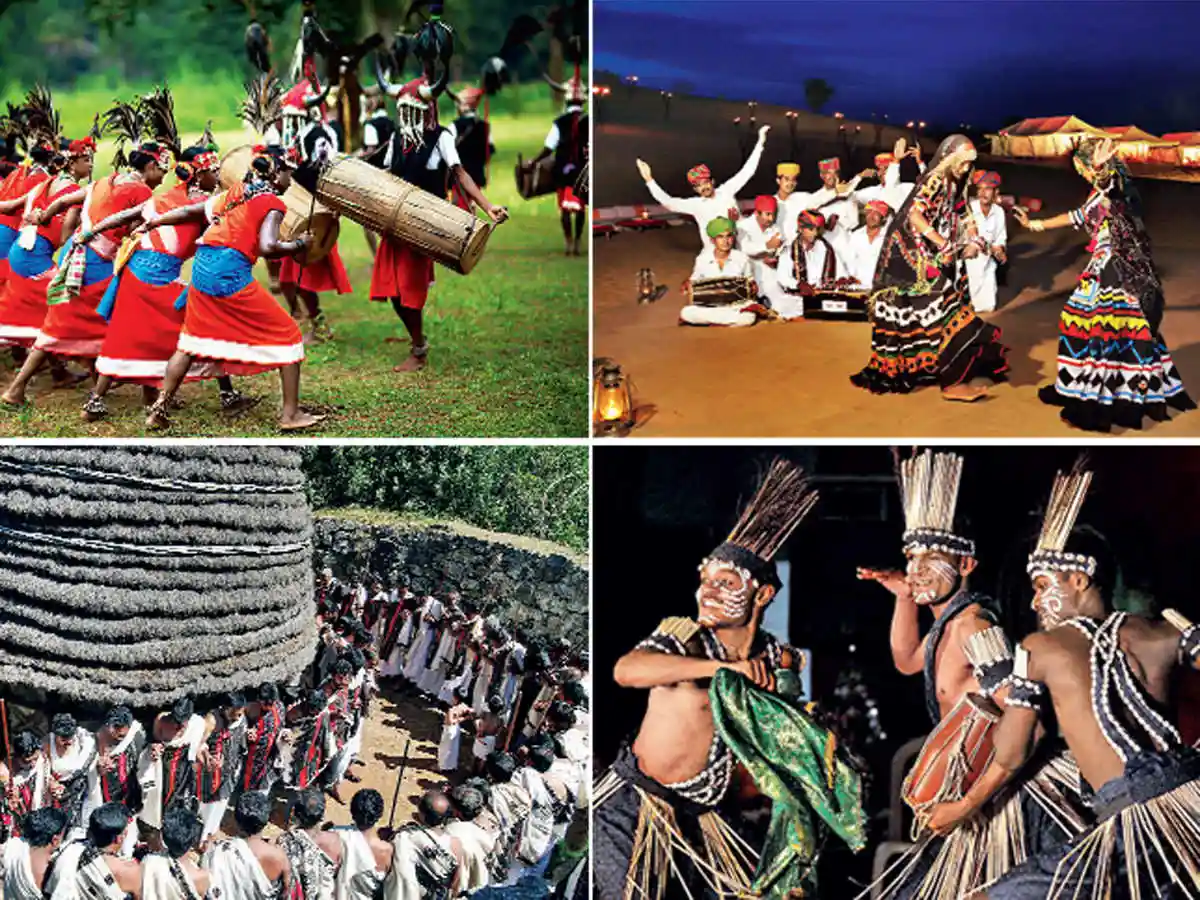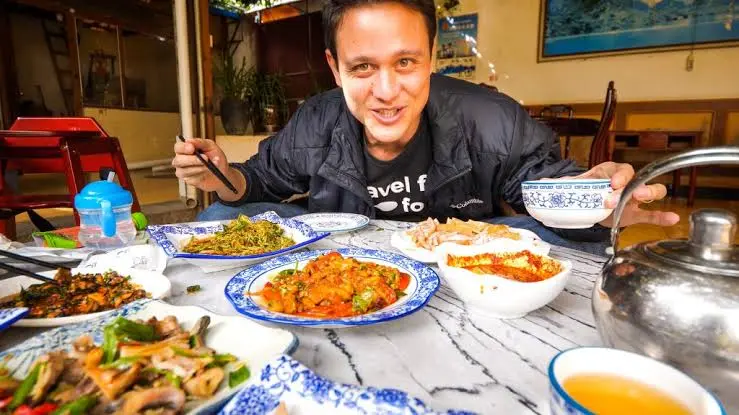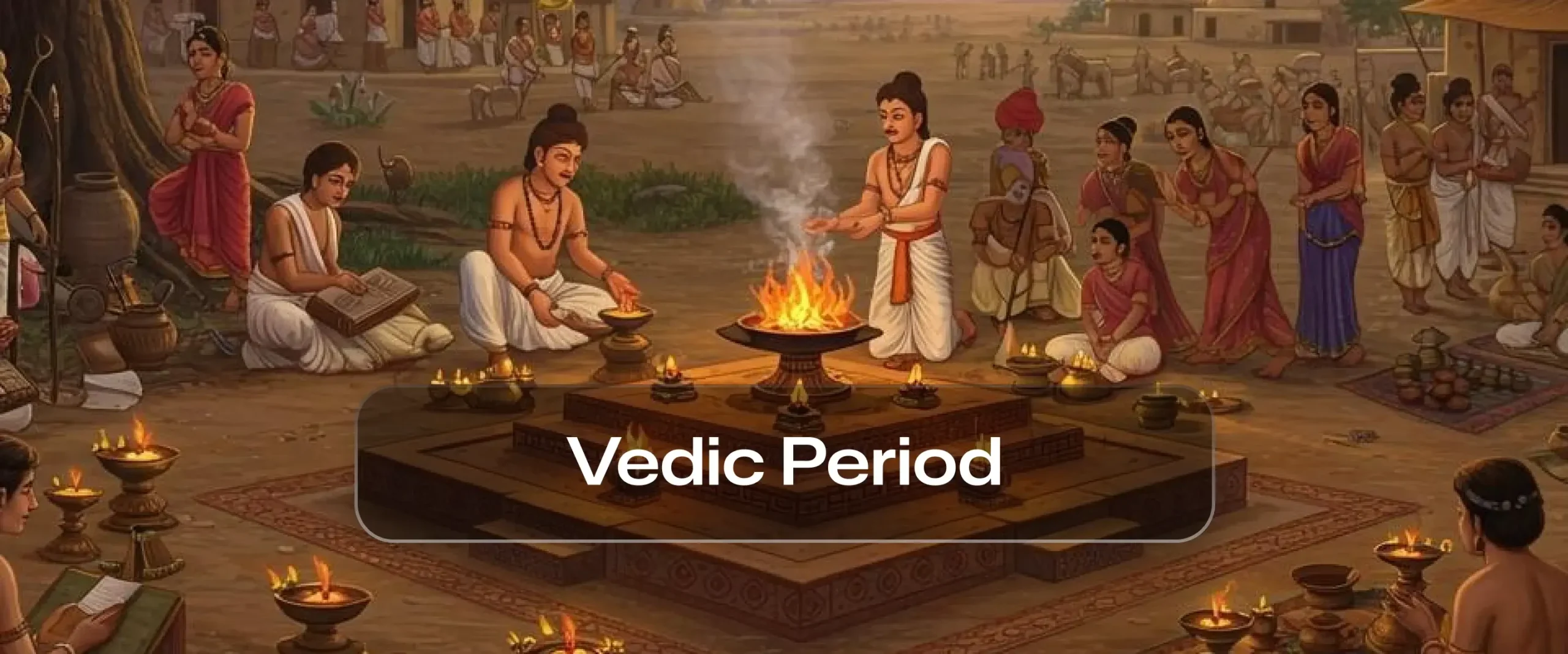Introduction:
Indigenous cultures are a tapestry of diverse traditions, wisdom, and spiritual practices that have thrived for thousands of years. These cultures, rooted in deep connections with the land, carry profound knowledge of sustainability, community, and resilience. Today, as we strive to build a more inclusive and harmonious world, it is crucial to recognize, respect, and celebrate the contributions of Indigenous peoples. In this article, we explore the remarkable diversity of Indigenous cultures and shed light on their traditions, highlighting their significance and the importance of preserving them for future generations.
I. Indigenous Cultures: A World of Diversity
Indigenous cultures encompass a vast array of distinct groups, each with its own language, customs, and beliefs. From the Maori of New Zealand to the Navajo of North America, the Ainu of Japan to the Aboriginal peoples of Australia, the Indigenous tapestry is as colorful as it is varied. These cultures have thrived in harmony with nature, fostering a deep understanding of ecological balance and sustainable living practices.
II. Spiritual Connections and Animism
Indigenous cultures often share a deep spiritual connection with the natural world. Animism, the belief that all entities possess a soul or spirit, is a common thread that runs through many Indigenous traditions. Mountains, rivers, animals, and plants are seen as living beings with whom humans can communicate and build reciprocal relationships. This reverence for nature fosters a sustainable worldview, emphasizing the interconnectedness of all life forms.
III. Oral Traditions and Storytelling
Oral traditions have played a vital role in preserving Indigenous knowledge and passing it down through generations. Storytelling, in particular, holds immense cultural significance. Through myths, legends, and narratives, Indigenous communities share their history, wisdom, and values. These stories serve as a moral compass, teaching respect for the land, animals, and fellow human beings.
IV. Sacred Ceremonies and Rituals
Ceremonies and rituals are integral to Indigenous cultures, marking important life events, seasonal changes, and spiritual practices. Sweat lodges, vision quests, powwows, and sun dances are just a few examples of sacred rituals that reflect the profound spirituality and interconnectedness of Indigenous communities. These ceremonies strengthen communal bonds and provide individuals with a sense of identity and purpose.
V. Art, Music, and Dance
Indigenous cultures are rich in artistic expressions that embody their unique worldview. Intricate beadwork, vibrant textiles, wood carvings, and pottery showcase the craftsmanship and artistic talents of Indigenous communities. Music and dance also hold deep cultural significance, serving as a form of storytelling, celebration, and spiritual connection. Indigenous music often features traditional instruments and evocative rhythms that resonate with the land and ancestral spirits.
VI. Land Stewardship and Environmental Wisdom
Indigenous cultures have long understood the importance of sustainable practices and the need to protect the environment. Their knowledge of land stewardship, passed down through generations, offers valuable insights into sustainable agriculture, herbal medicine, and resource management. By honoring Indigenous wisdom, we can learn from their practices and strive for a more ecologically balanced future.
VII. Challenges and the Importance of Preservation
Indigenous cultures face numerous challenges in the modern world. Colonialism, cultural assimilation, and the loss of ancestral lands have had a profound impact on their traditions and way of life. However, the resilience of Indigenous peoples should not be overlooked. Efforts to preserve and revitalize Indigenous languages, cultural practices, and land rights are crucial for preserving the unique contributions and wisdom of these communities.
Conclusion:
Indigenous cultures are an invaluable part of our shared human heritage. By celebrating and respecting their traditions.
![]()





